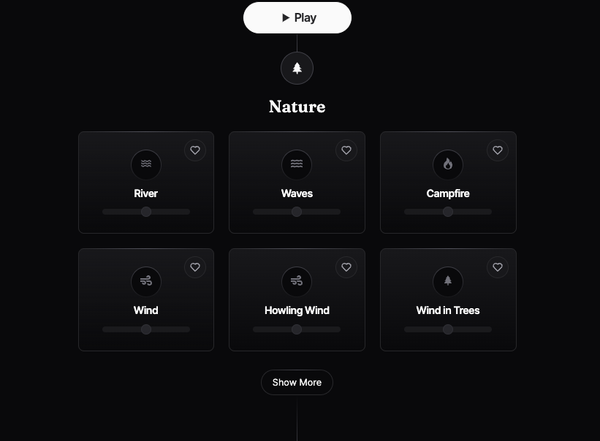300+ Essential Apps to Supercharge Your Freelance Development Workflow, a Comprehensive Guide
Are You Truly Ready to Put Your Mobile or Web App to the Test?
Don`t just assume your app works—ensure it`s flawless, secure, and user-friendly with expert testing. 🚀
Why Third-Party Testing is Essential for Your Application and Website?We are ready to test, evaluate and report your app, ERP system, or customer/ patients workflow
With a detailed report about all findings
Contact us nowTable of Content
Freelance developers face a multitude of challenges in their day-to-day work, constantly balancing various responsibilities that range from effectively managing client expectations to meticulously writing, testing, and deploying code. The life of a freelance developer is often characterized by a continuous juggling act, where time management, project organization, and client communication are just as crucial as technical expertise.
In this fast-paced and demanding environment, leveraging the right set of digital tools can make a world of difference. The strategic use of well-chosen applications can dramatically enhance productivity, allowing freelancers to accomplish more in less time. These tools can effectively streamline complex workflows, turning what might be chaotic processes into smooth, efficient operations.
Moreover, by enabling freelancers to deliver high-quality work consistently and on time, these apps play a pivotal role in boosting overall client satisfaction.
To help freelance developers navigate the vast landscape of available tools, we've curated a list of essential applications that every self-employed coder should seriously consider incorporating into their professional toolkit. These carefully selected tools address various aspects of freelance work, from project management to time tracking, and from client communication to financial management.
By adopting these apps, freelancers can optimize their work processes, focus more on coding, and ultimately achieve greater success in their careers.
In the following list, we offer freelance developers a comprehensive collection of the best open-source and free apps that can improve their workflow and boost their productivity.
1- Time Tracker Apps

A time tracking app is an indispensable tool for freelance developers, offering numerous benefits that can significantly enhance productivity and profitability. These apps, such as Toggl, Clockify, or RescueTime, provide a comprehensive solution for monitoring how much time you spend on different tasks and projects.
The primary advantage of time tracking apps is their ability to ensure accurate billing. By meticulously recording the hours worked on various projects, freelancers can confidently invoice clients for their time, eliminating guesswork and potential disputes. This transparency not only builds trust with clients but also ensures that developers are fairly compensated for their efforts.
Moreover, time tracking apps offer valuable insights into how developers allocate their time. By analyzing this data, freelancers can identify time-consuming tasks, pinpoint productivity bottlenecks, and make informed decisions to optimize their workflow. This self-awareness can lead to improved time management skills, helping developers prioritize tasks more effectively and allocate their energy to high-value activities.
Another significant benefit is the ability to set and track goals. Many time tracking apps allow users to set target hours for specific projects or tasks. This feature helps freelancers stay accountable to their commitments and motivates them to maintain a consistent work pace, ultimately leading to faster project delivery and increased client satisfaction.
Time tracking apps can also aid in providing accurate project estimates. By reviewing historical data on similar projects, developers can make more precise predictions about how long future tasks might take. This improved accuracy in estimating can lead to better project planning, reduced stress, and increased profitability as freelancers can price their services more appropriately.
Furthermore, these apps often integrate with other productivity tools, such as project management software or invoicing systems. This integration streamlines workflows, reducing the time spent on administrative tasks and allowing developers to focus more on their core competencies.
Lastly, time tracking apps can help maintain a healthy work-life balance. By providing a clear picture of working hours, these tools can prevent overworking and burnout, which are common issues among freelancers. They can also help in setting boundaries with clients by providing concrete data on time spent on projects.
Free and Open-source Time Tracker Apps
- Tiny Time Tracker
- Furtherance
- Klog Time Tracker
- Miru Time Tracker for Freelancers
- Timetagger Time Tracker
- Traggo Time Tracker
- Kiami Time Tracker
- Atea ree Time Tracker

2- Project Managers
A project management tool like Trello, Asana, or Jira is crucial for staying organized and efficient. These versatile platforms offer a range of features to streamline your workflow, including task tracking, progress monitoring, deadline setting, and client collaboration.
By providing a comprehensive overview of all ongoing projects, these tools enable you to effectively prioritize tasks, manage your workload, and meet deadlines consistently.
This structured approach not only prevents delays but also enhances client satisfaction, as you can deliver high-quality work on time. Moreover, proficient project management significantly boosts your chances of securing new freelance opportunities and maintaining peak productivity levels.
By demonstrating your ability to handle complex projects efficiently, you build a reputation that attracts more clients and lucrative contracts.




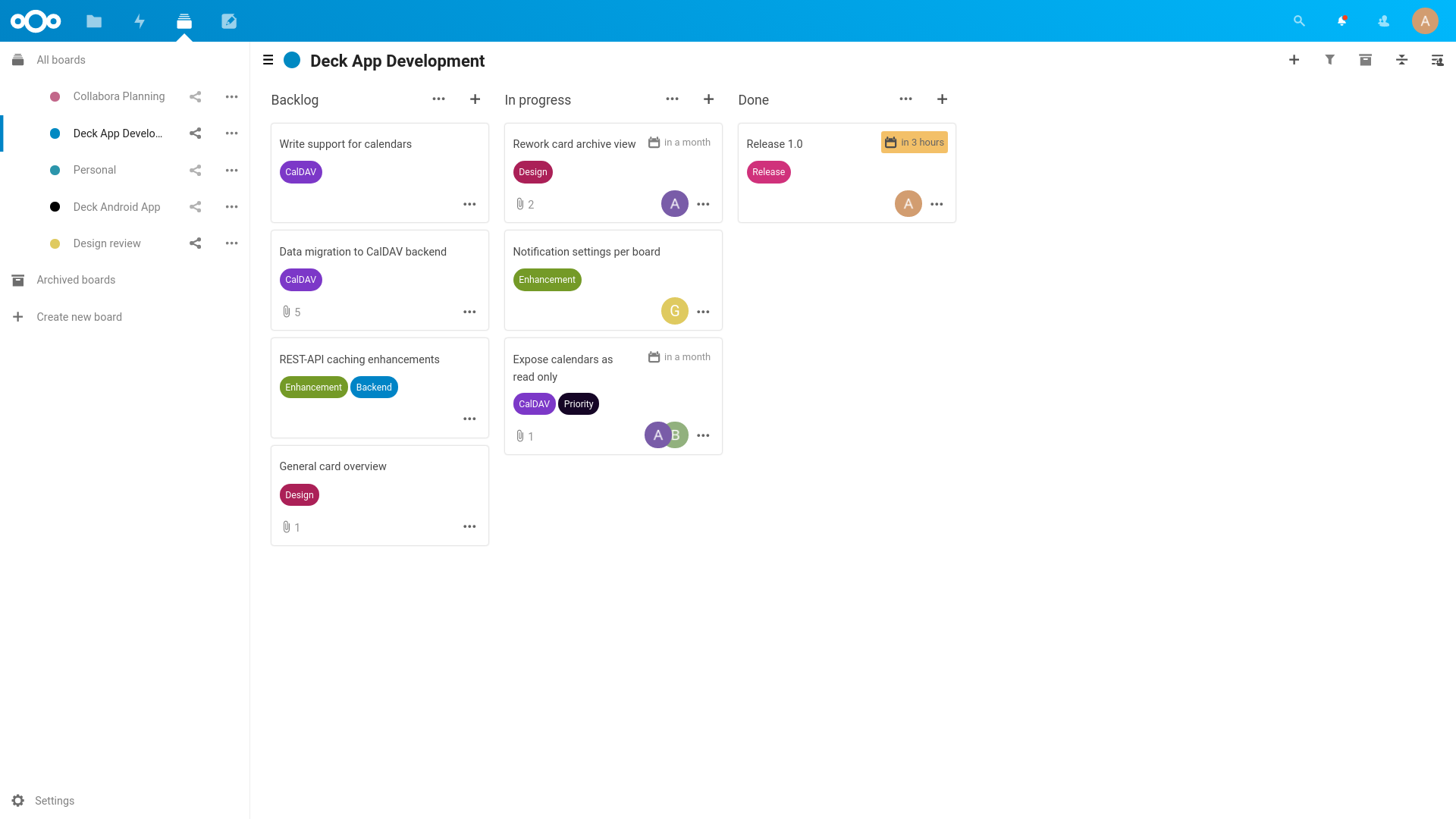
3- Documentation Tools
For writing and maintaining project documentation, tools like Notion, Google Docs, or Confluence are indispensable. A documentation tool serves multiple crucial functions: it helps you meticulously track your work, create detailed notes, and effortlessly share information with clients and collaborators.
Well-organized documentation significantly accelerates your development process by providing a comprehensive reference for each project, ensuring consistency across team members, and minimizing communication mishaps.
Moreover, it creates a valuable knowledge base that can be leveraged for future projects, ultimately saving time and reducing errors in the long run.
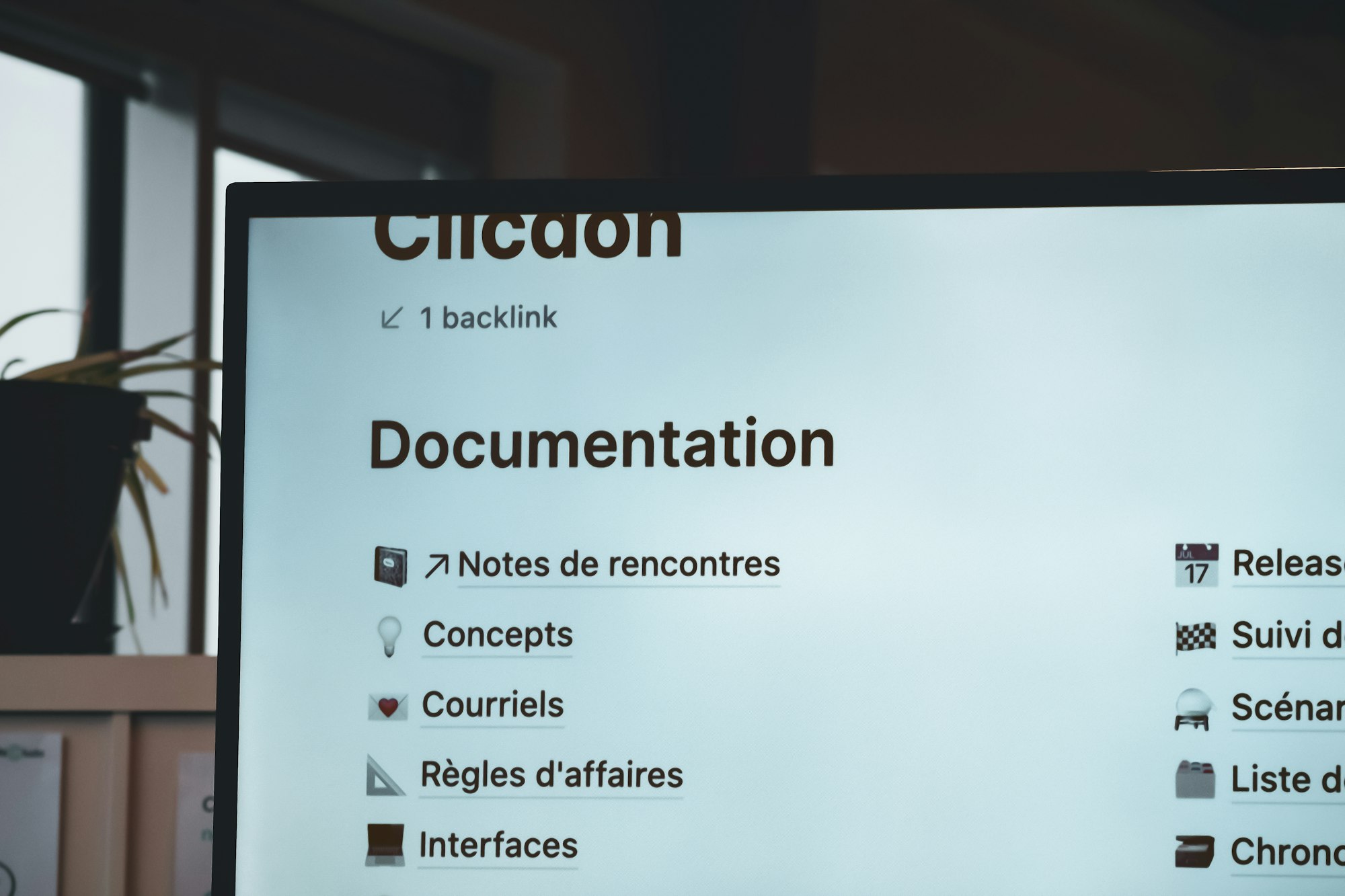
4- API Documentation Tools
As an API developer, tools like Postman or Swagger are invaluable for creating and managing API documentation. These platforms streamline the process of designing, testing, and sharing APIs, significantly accelerating development and integration.
They offer features such as interactive documentation, automated testing, and version control, which are crucial for maintaining high-quality APIs. Clear and comprehensive API documentation ensures that clients and other developers can easily understand and effectively work with your APIs.
This not only improves your professional reputation but also builds long-term client trust and facilitates smoother collaborations. Additionally, well-documented APIs can serve as a powerful marketing tool, attracting potential clients and partners who value transparency and ease of integration.
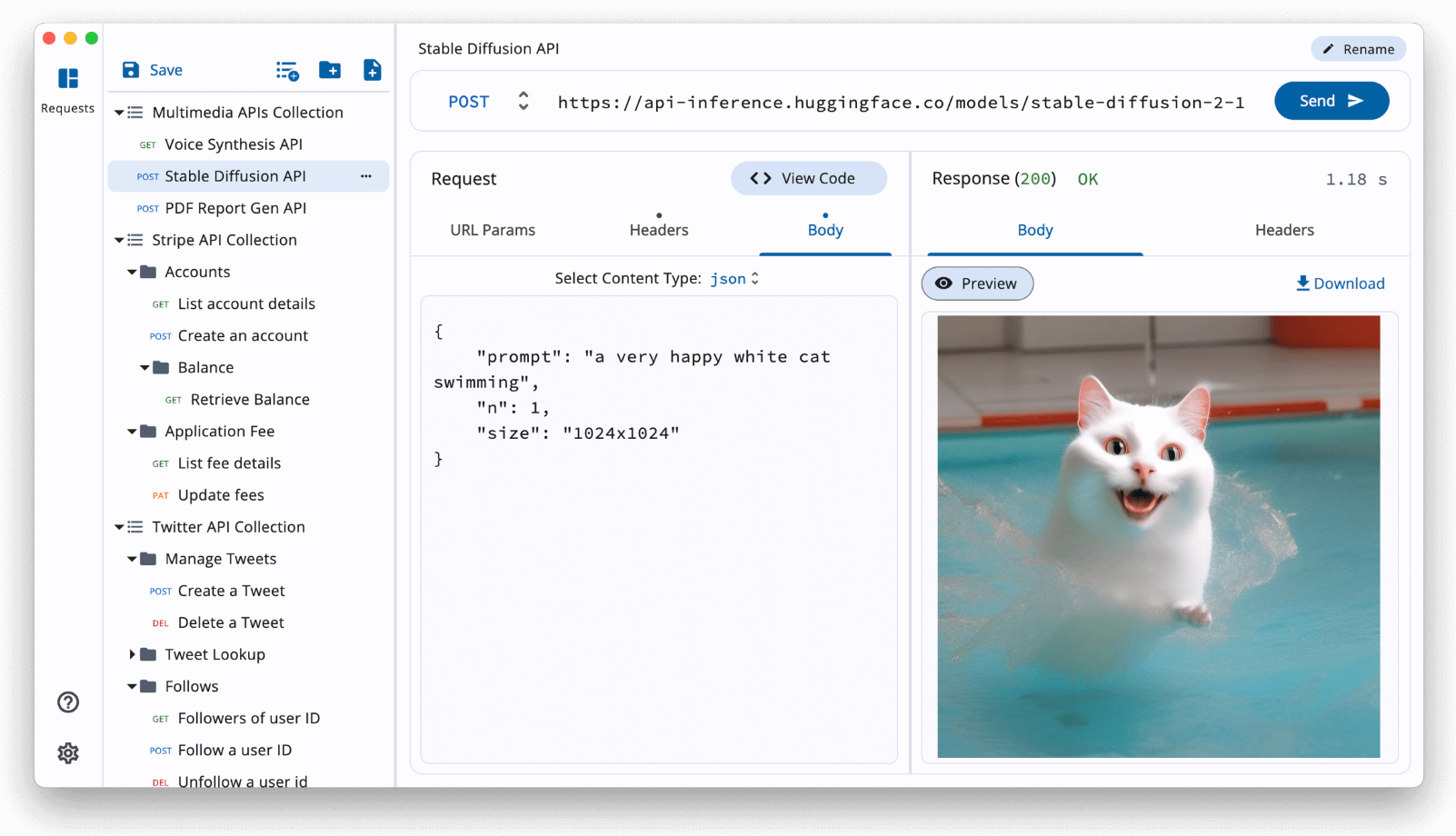

5- Simple CRM Solutions
A customer relationship management (CRM) tool like HubSpot or Zoho CRM is essential for managing client interactions, tracking leads, and maintaining effective communication. By centralizing all client information, CRM tools streamline your client management process, significantly enhancing your ability to follow up on leads and secure new freelance opportunities.
These platforms offer features such as contact management, deal tracking, and automated follow-ups, which are invaluable for freelancers looking to grow their business.
Moreover, CRM tools as Monica facilitate the building of strong, long-lasting relationships with clients.
By providing insights into client preferences and interaction history, they enable you to deliver personalized service, leading to higher customer satisfaction and increased likelihood of repeat business.
This client-centric approach not only improves your current projects but also enhances your reputation in the freelance market, potentially opening doors to more lucrative opportunities.



6- Invoice Generation and Management Programs
Handling payments and keeping track of finances can be one of the most time-consuming and challenging aspects of freelance work. For freelance developers, who often juggle multiple projects and clients simultaneously, efficient financial management is crucial.
This is where invoice generation and management tools like FreshBooks or QuickBooks become indispensable.
These powerful software solutions simplify the entire invoicing process, allowing freelancers to create professional, customized invoices quickly and easily. But their functionality extends far beyond mere invoice creation. They offer comprehensive financial management features, including:
- Automated payment tracking
- Expense management
- Financial reporting
- Time tracking integration
- Multiple currency support
- Recurring invoice setup
For freelance developers, these features are particularly beneficial. The ability to automate invoicing ensures timely payments, crucial for maintaining a stable cash flow. The integration with time tracking tools allows for accurate billing based on actual hours worked, eliminating discrepancies and potential disputes with clients.
Moreover, these tools often provide insights into financial health through detailed reports and analytics. This data is invaluable for freelancers looking to optimize their pricing strategies, identify their most profitable projects or clients, and make informed decisions about their business growth.
Perhaps most importantly, by automating and streamlining these financial tasks, invoice generation and management tools free up significant time and mental energy. This allows freelance developers to focus on what they do best - writing code and delivering high-quality projects. The reduction in administrative overhead not only boosts productivity but also contributes to a better work-life balance, a crucial factor in preventing burnout in the demanding world of freelance development.
Free and Open-source Invoicing Apps


7- Email Management Apps
Managing multiple clients and inquiries can quickly overwhelm your inbox. An email management app like Spark, Superhuman, or Gmail filters is essential for maintaining order. These tools help categorize emails, set reminders, and streamline communication.
By efficiently organizing your inbox, you can ensure timely responses to important messages, meet deadlines consistently, and significantly enhance client satisfaction. This proactive approach to email management not only saves time but also demonstrates your professionalism and reliability as a freelance developer.



8- Email Marketing Tools
For freelancers, email marketing is a potent tool to maintain connections with past clients, cultivate leads, and showcase services. Platforms like Mailchimp or ConvertKit enable the creation of polished email campaigns, efficient subscriber list management, and automated follow-ups. Regular engagement with clients and prospects increases your chances of securing new projects and keeping your name at the forefront of their minds.
These tools' built-in analytics allow you to monitor campaign performance, facilitating easy adjustments to enhance results over time. A well-executed email marketing strategy can significantly boost client retention, elevate your freelance business, and accelerate your journey to success as a freelance developer.


9- Personal Expense Managers
Managing personal finances is crucial for freelancers due to fluctuating monthly income. Personal expense managers like Mint or YNAB (You Need A Budget) are invaluable tools for tracking spending, creating budgets, and managing savings. These apps categorize expenses, providing clear insights into spending patterns and highlighting areas for potential cost-cutting.
By maintaining a firm grasp on their finances, freelancers can ensure financial stability, prepare for tax obligations, and set aside funds for leaner periods. This proactive approach not only fosters long-term financial health but also alleviates the stress often associated with irregular income streams.
If you are looking for a personal finance manager, we got you covered, as we collected and tried out several free and open-source apps:
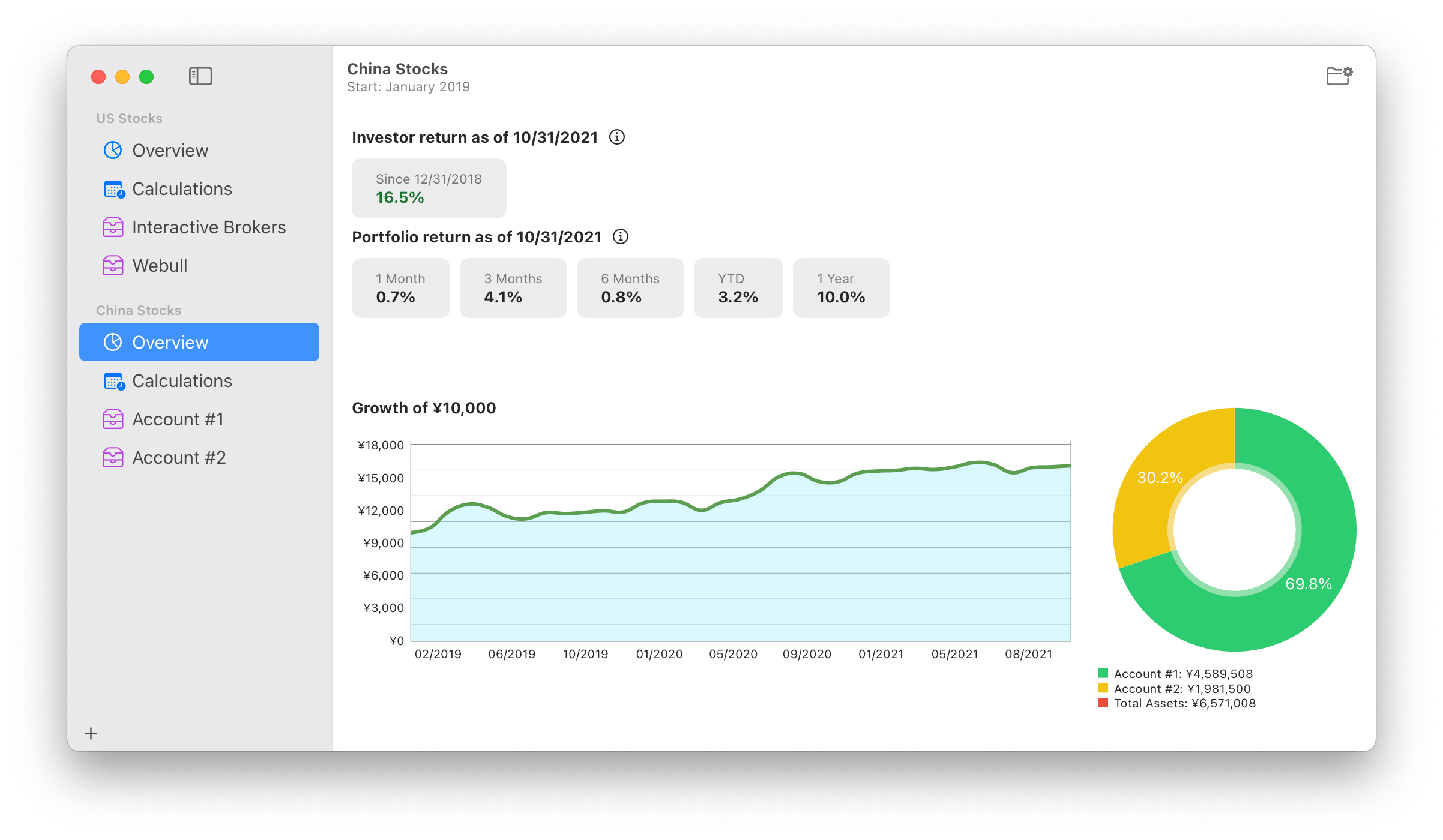




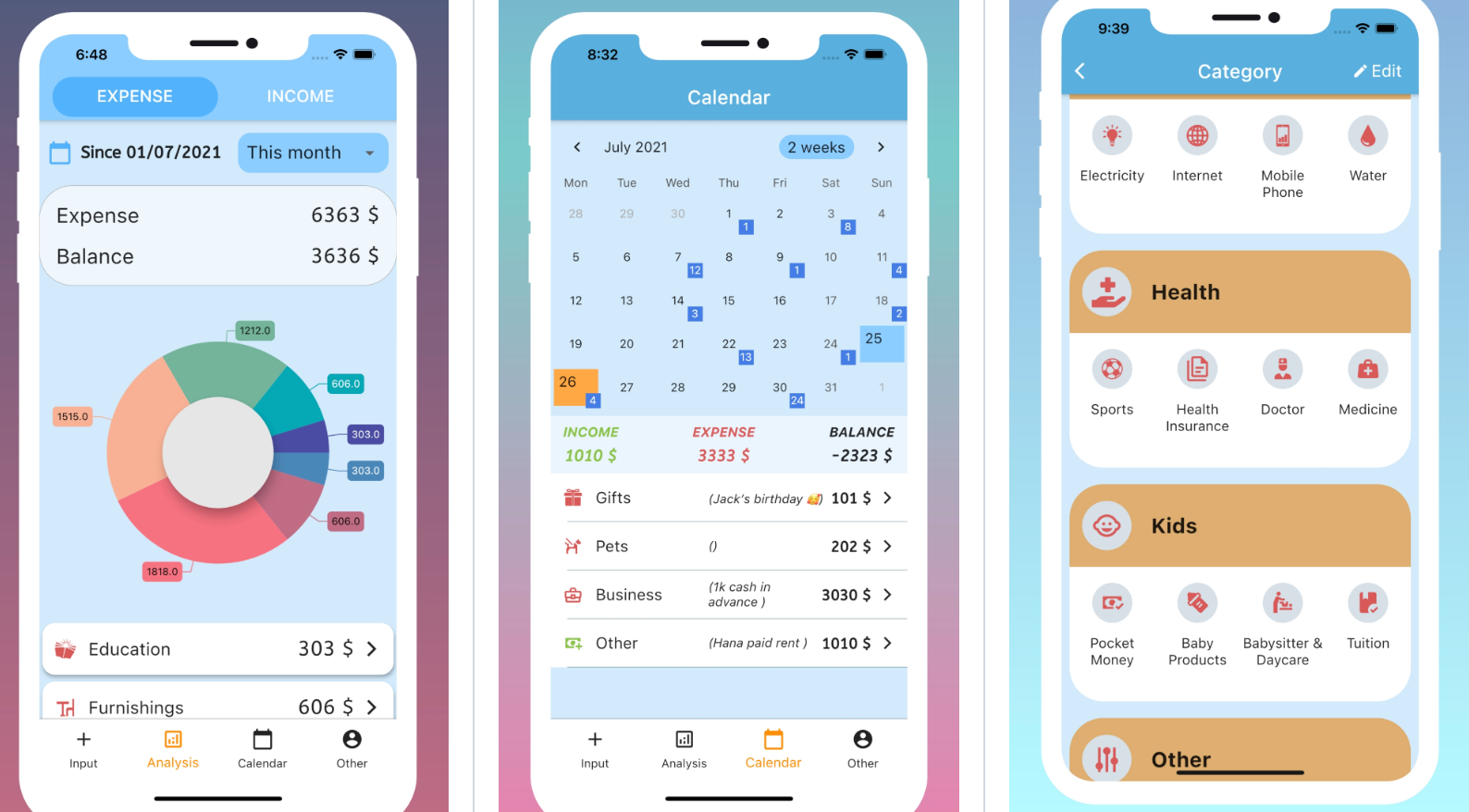

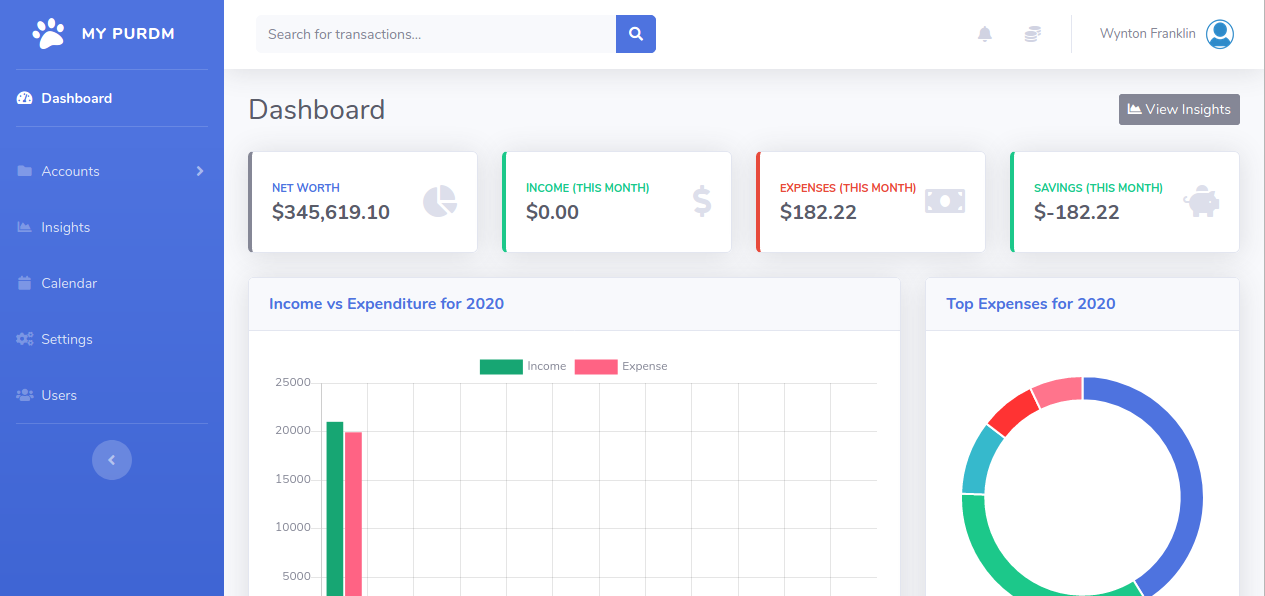
10- Timers, Stopwatches, and Countdown Clocks
Timers and countdown apps, such as Pomodoro timers or stopwatches, are invaluable for managing focused work sessions. These tools help freelancers break projects into manageable chunks, boosting productivity and preventing burnout.
By setting specific time limits for tasks, you can stay on track, minimize procrastination, and make deadlines more attainable. Using timers fosters efficient time management and ensures you remain productive without overextending your work hours—ultimately improving your work-life balance.

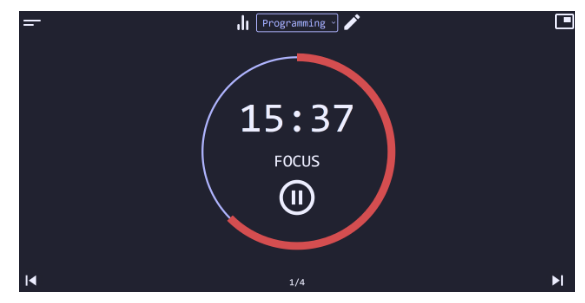


11- Text/ Code Editors
Freelancers often prefer open-source text and code editors for their flexibility, customization options, and cost-effectiveness. While VSCode and Sublime Text are popular choices, open-source alternatives like Atom, Brackets, and Vim offer powerful features without licensing fees. These editors allow freelancers to tailor their development environment with plugins and extensions, streamlining the coding process.
Open-source editors typically come with strong community support, giving freelancers access to a wealth of resources, tutorials, and user-created extensions. This collaborative ecosystem significantly enhances productivity and problem-solving capabilities. For example, Atom's package repository boasts thousands of community-contributed packages, ranging from syntax highlighting for obscure languages to advanced git integration tools.
By opting for open-source solutions, freelancers can maintain a highly customized workspace, reduce costs, and retain greater control over their tools—a significant advantage when managing multiple projects. Furthermore, the opportunity to contribute to these tools' development fosters community engagement and can serve as a portfolio showcase for freelancers aiming to demonstrate their skills to potential clients.
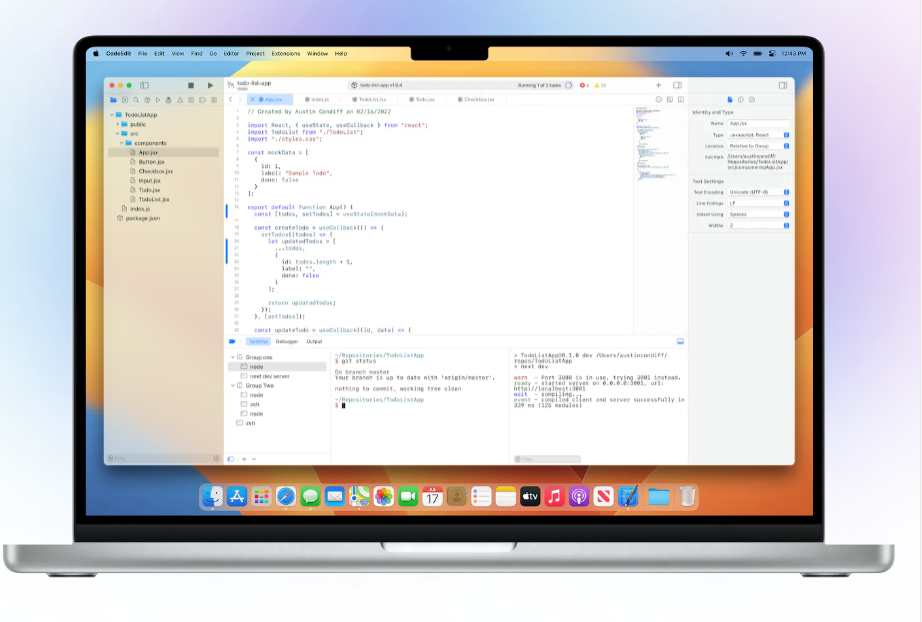
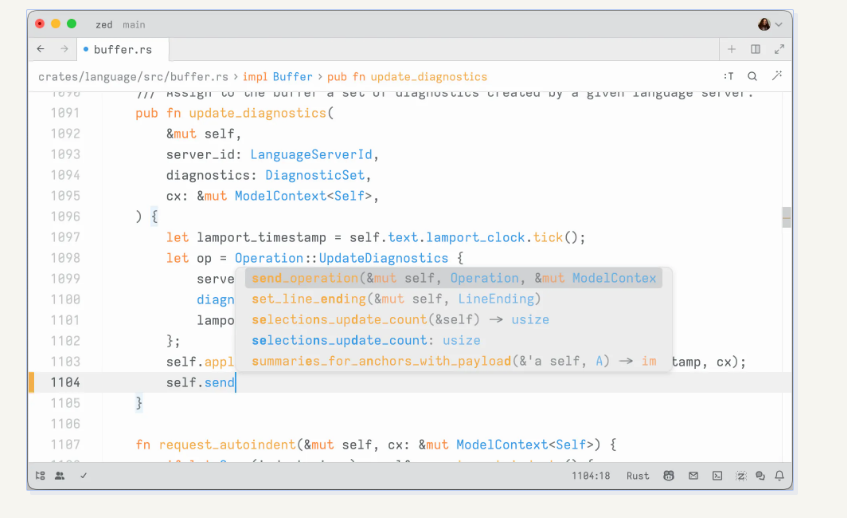
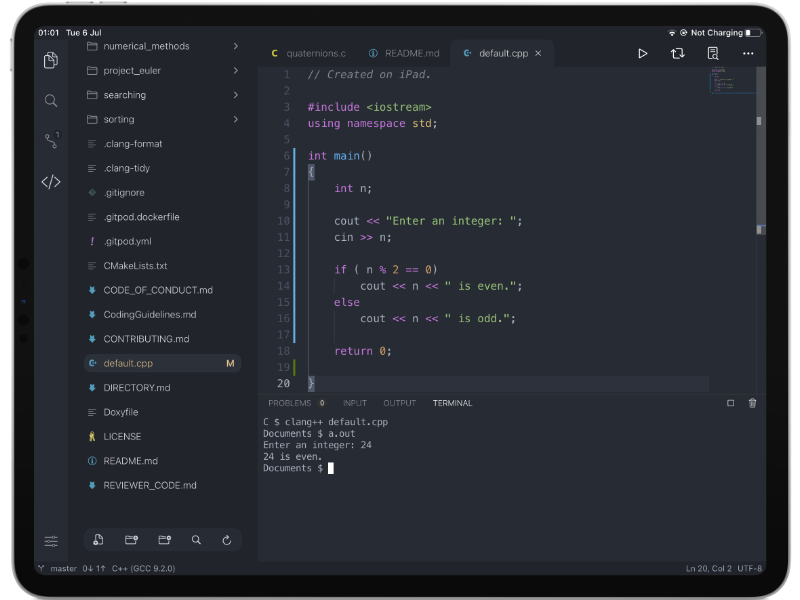
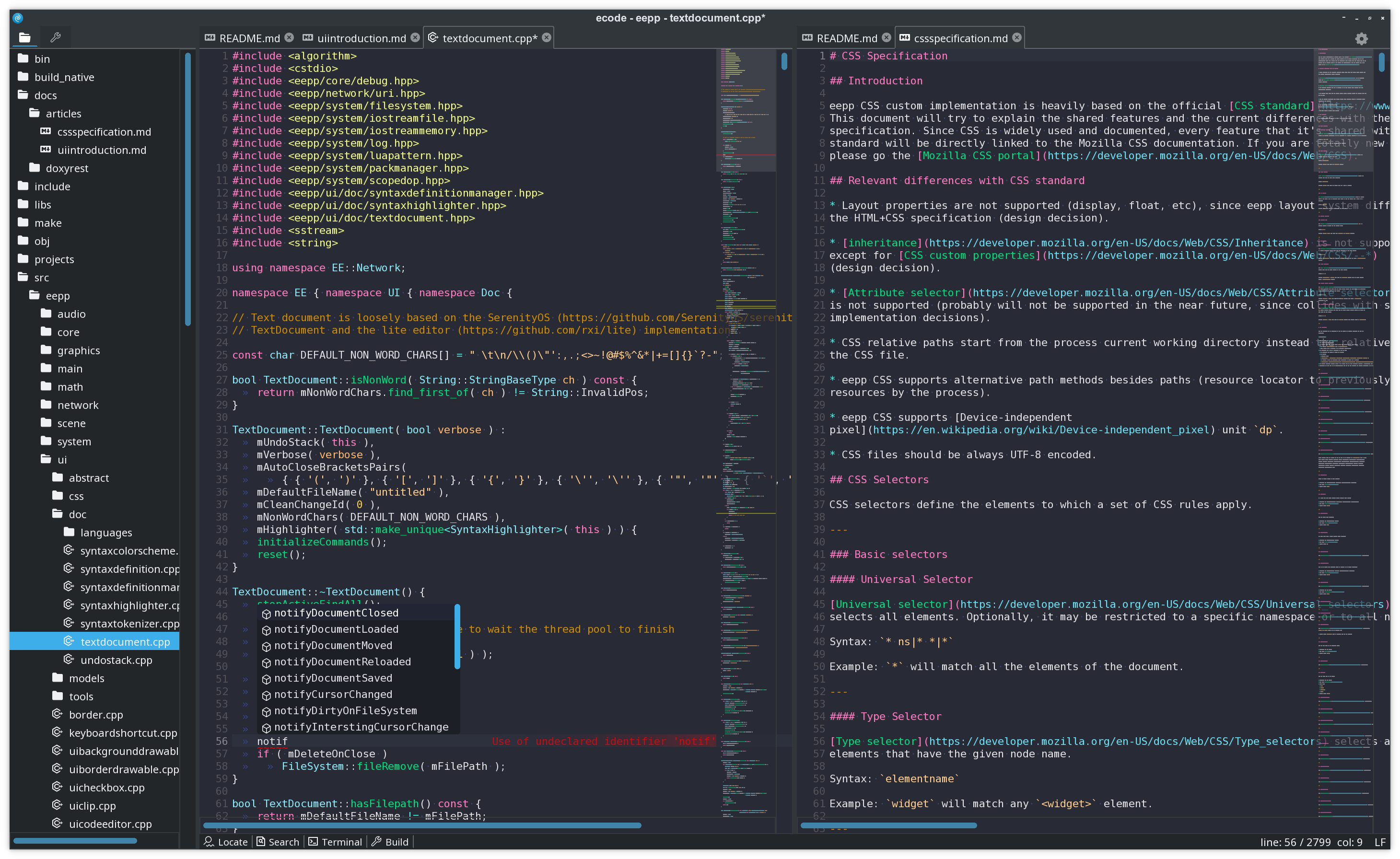

12- Markdown Editors
Markdown editors like Typora, Obsidian, and MarkText are essential tools for freelance developers crafting clean, lightweight documentation, notes, or web content. Markdown's straightforward syntax enables quick text formatting without the complexity of rich-text editors.
These tools excel at creating README files, technical documentation, and personal notes. By streamlining the process of writing structured content, Markdown editors save freelancers valuable time. This efficiency allows developers to focus more on coding while still producing clear, professional documentation.
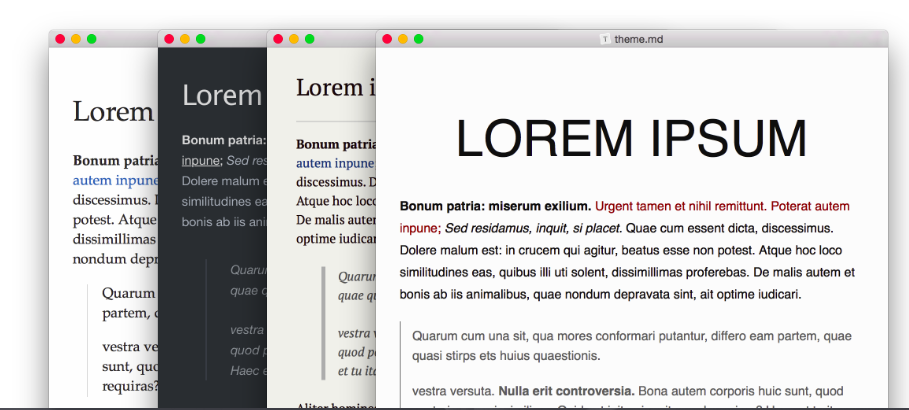
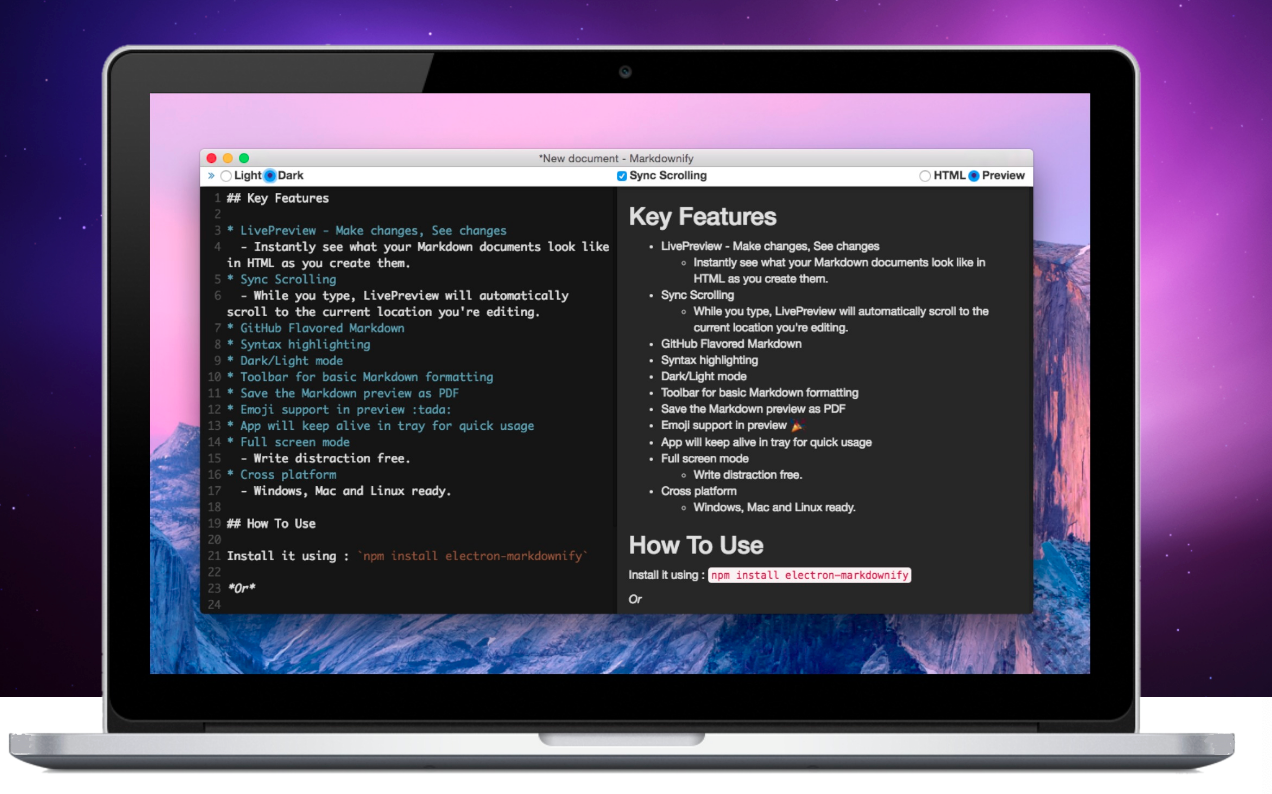
13- Knowledge Base Apps
Knowledge base apps like Notion, Confluence, and Guru are crucial for freelance developers aiming to organize information and sharpen their skills. These tools enable freelancers to build a centralized hub for documentation, tutorials, and project notes.
By gathering resources, code snippets, and solutions to common issues, developers can quickly access past work and optimize their workflow. Moreover, maintaining a personal knowledge base fosters ongoing learning and growth, helping freelancers keep pace with industry trends and best practices—ultimately enhancing their productivity.

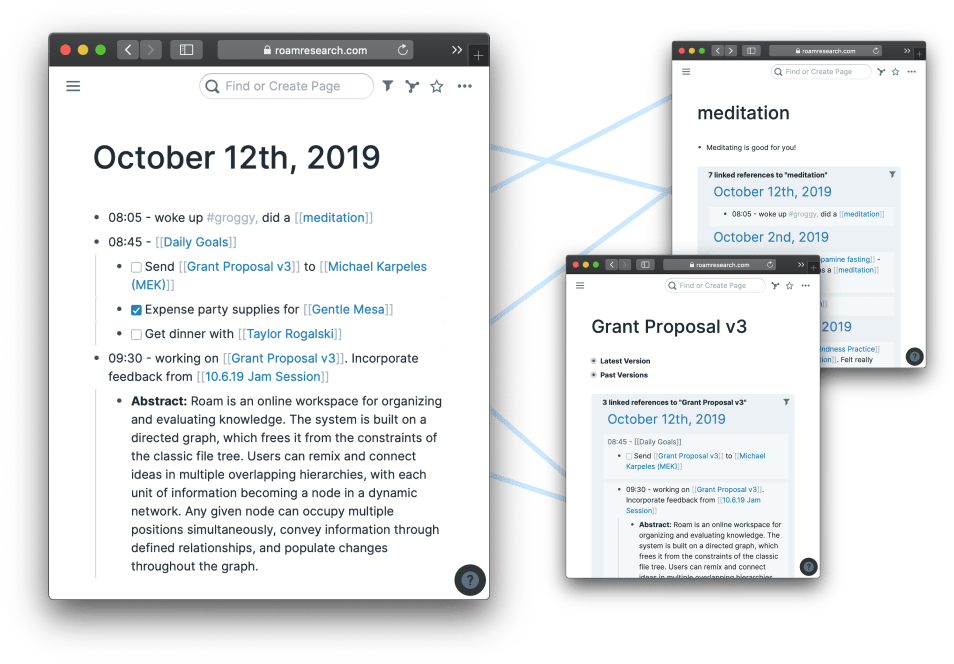
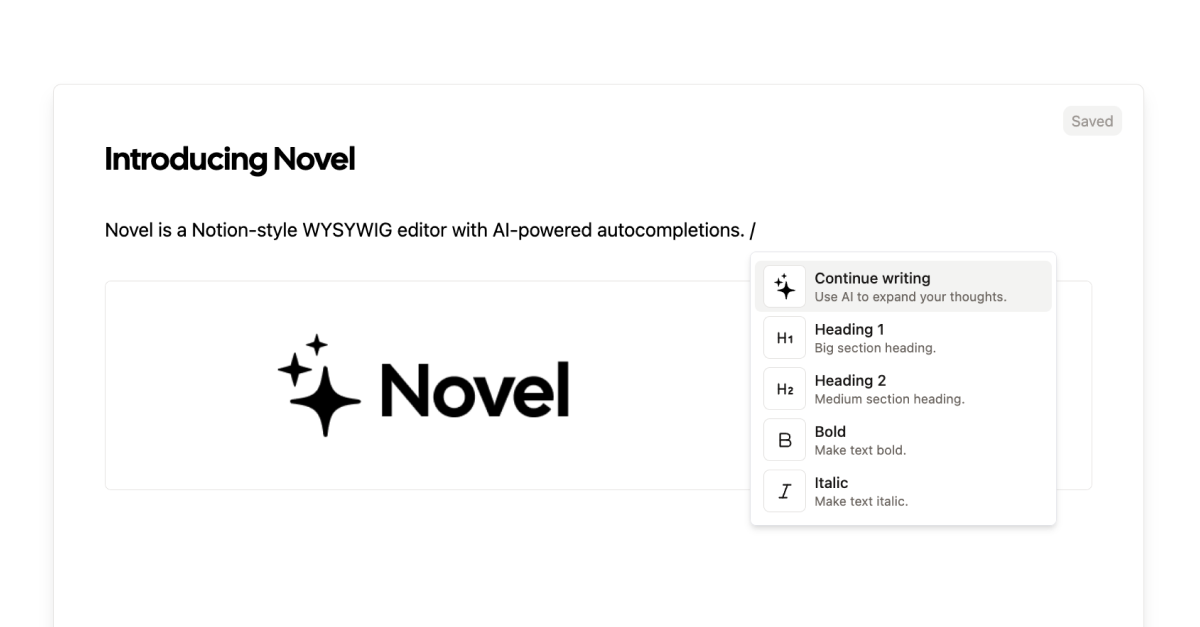
14- API Development and Testing Tools
For freelance developers, open-source API tools like Postman, Insomnia, and Swagger are game-changers. These free, community-driven platforms offer unparalleled flexibility in designing, testing, and documenting APIs.
With customizable features and constant updates, they adapt to diverse project needs. The collaborative nature of open-source fosters innovation, allowing freelancers to leverage cutting-edge solutions without cost barriers. By streamlining API development, these tools boost efficiency, enhance work quality, and ultimately lead to higher client satisfaction and project success rates.
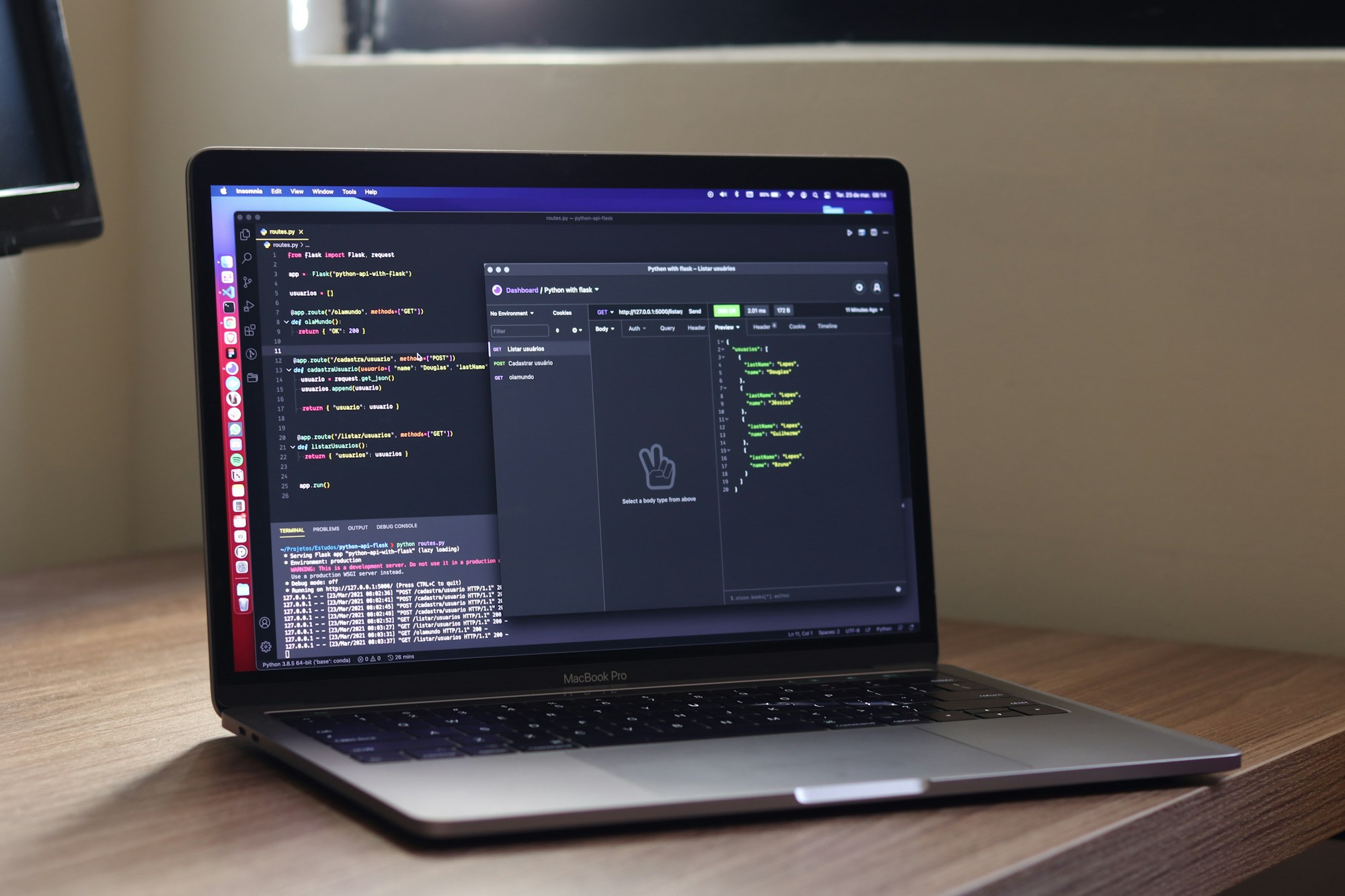




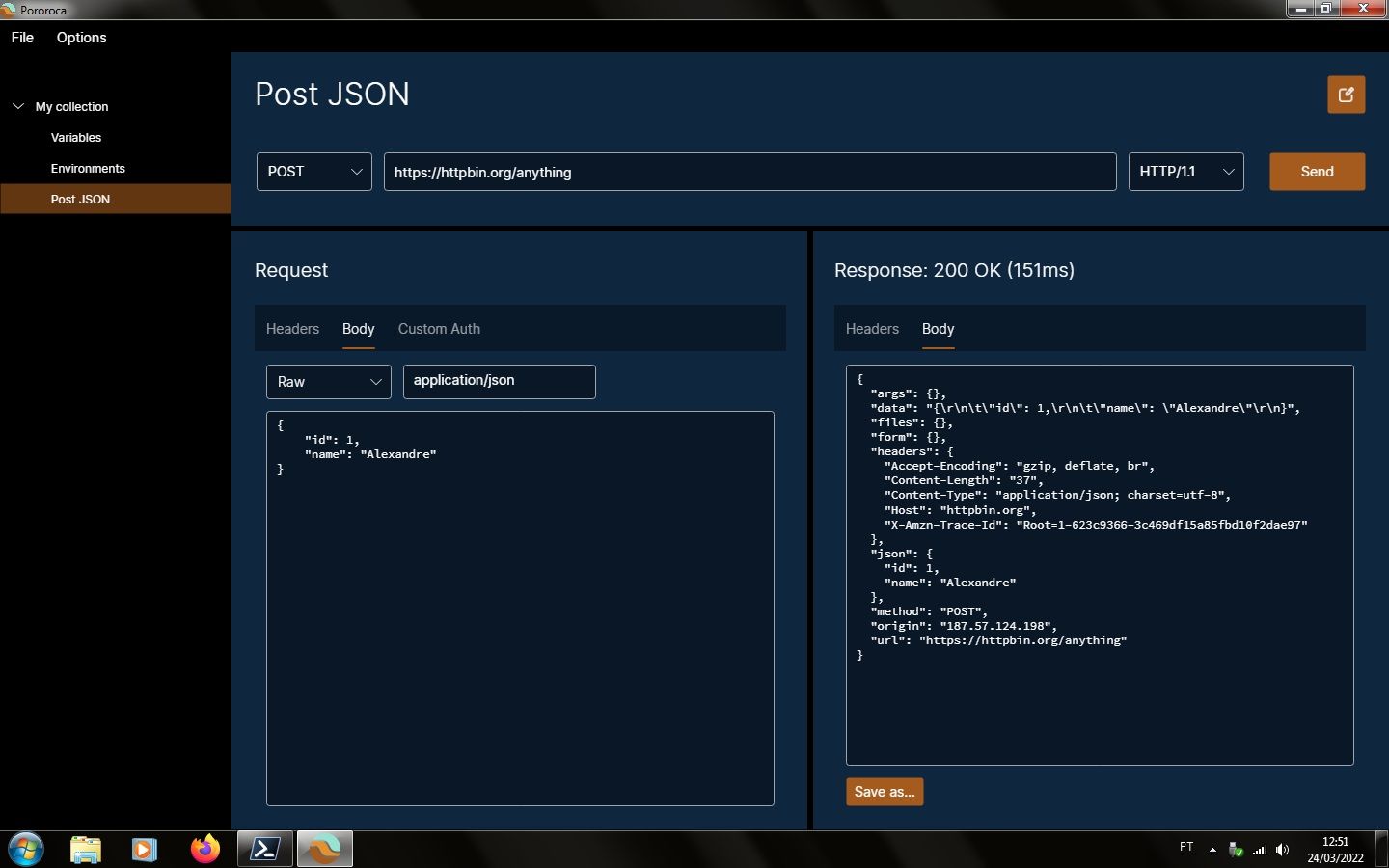

Final Note
For freelance developers, the right tools can transform chaotic work into a streamlined process. Project management platforms, time tracking apps, CRM systems, and invoicing software work together to boost productivity and client satisfaction.
These toolkits enhances efficiency, improves output quality, and builds a stellar reputation. As they allow developers to focus on delivering exceptional code while maintaining professionalism and securing new work in the competitive freelancer jobs market.








